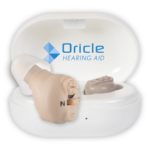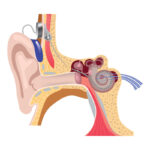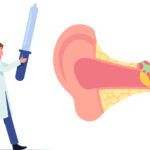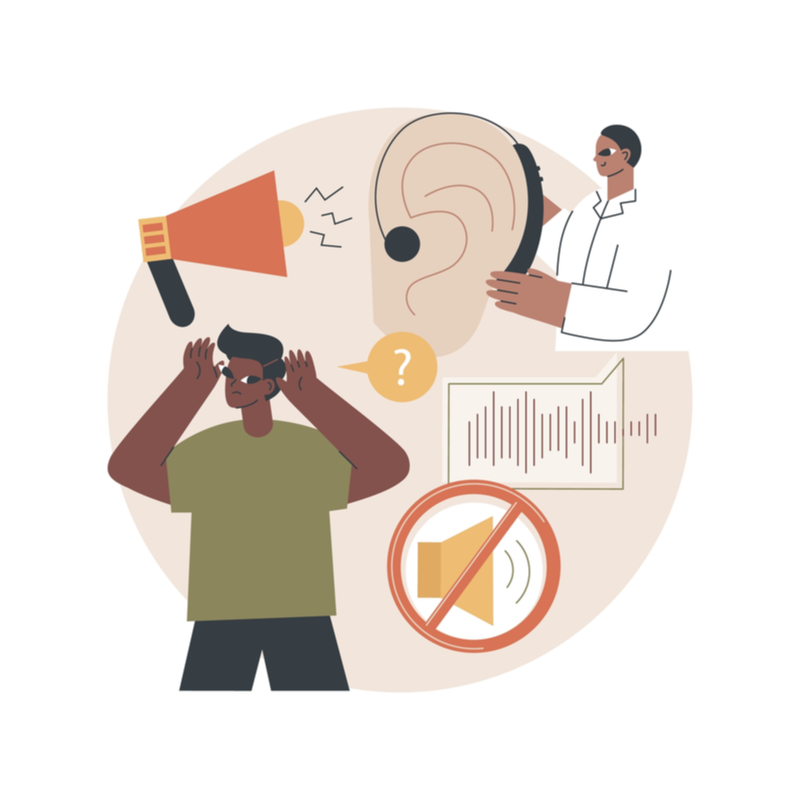The Complete Guide to Sudden Sensorineural Hearing Loss: Causes, Symptoms, Diagnosis, and Treatment
Sudden Sensorineural Hearing Loss (SSHL) is a rapidly developing hearing impairment that affects thousands of people worldwide every year. This in-depth guide will explore the causes, symptoms, diagnosis, and treatment options for SSHL, providing you with a comprehensive understanding of this condition. By following the latest SEO practices, this pillar content aims to rank high in search engine results, ensuring that those seeking information on this topic can easily access it.
What is Sudden Sensorineural Hearing Loss (SSHL)?
Sudden Sensorineural Hearing Loss (SSHL) is an unexpected and rapid onset of hearing impairment that usually occurs within a short period of 72 hours. Predominantly affecting one ear, SSHL is characterized by a significant decrease in hearing ability, with a drop of at least 30 decibels across three consecutive frequencies. This sudden reduction in hearing can be quite distressing and disorienting for the affected individual, often leading to a sense of isolation and difficulty in communication.
The exact prevalence of SSHL is not well-known, but it is estimated to affect between 5 and 20 people per 100,000 annually. The condition can strike people of any age, although it is more commonly observed in adults between the ages of 30 and 60. The specific cause of SSHL is often difficult to pinpoint, with various factors such as viral infections, vascular compromise, and autoimmune disorders potentially playing a role.
SSHL is considered a medical emergency due to the potential consequences of delayed treatment. Prompt intervention is crucial, as it can significantly improve the chances of recovering hearing function.
In many cases, early treatment can lead to partial or even full restoration of hearing. On the other hand, if treatment is delayed or not sought at all, the risk of permanent hearing loss increases dramatically. This can have a profound impact on an individual's quality of life, making it essential for anyone experiencing sudden hearing loss to seek medical attention as soon as possible.
Causes of SSHL
There are several factors that can cause SSHL, including:
1. Viral Infections
Viral infections, such as mumps, measles, and influenza, have been implicated in the development of SSHL. These viruses can cause inflammation in the inner ear, leading to hearing loss.
2. Vascular Compromise
Reduced blood flow to the inner ear can result in SSHL. Conditions such as arteriosclerosis, blood clots, and high blood pressure may compromise the blood supply to the auditory nerve and inner ear structures.
3. Autoimmune Disorders
Autoimmune diseases, including Cogan's syndrome and systemic lupus erythematosus, can result in SSHL by causing inflammation and damage to the inner ear structures.
4. Inner Ear Disorders
Conditions like Meniere's disease and labyrinthitis can lead to SSHL by affecting the inner ear structures responsible for hearing.
5. Ototoxic Medications
Certain medications, including some antibiotics, diuretics, and chemotherapy agents, can cause SSHL by damaging the auditory nerve and hair cells in the inner ear.
6. Tumors
Benign or malignant tumors, such as acoustic neuromas and meningiomas, can compress the auditory nerve and cause SSHL.
7. Trauma
Head injuries or sudden pressure changes, as in cases of barotrauma or acoustic trauma, can lead to SSHL.
Symptoms and Signs of SSHL
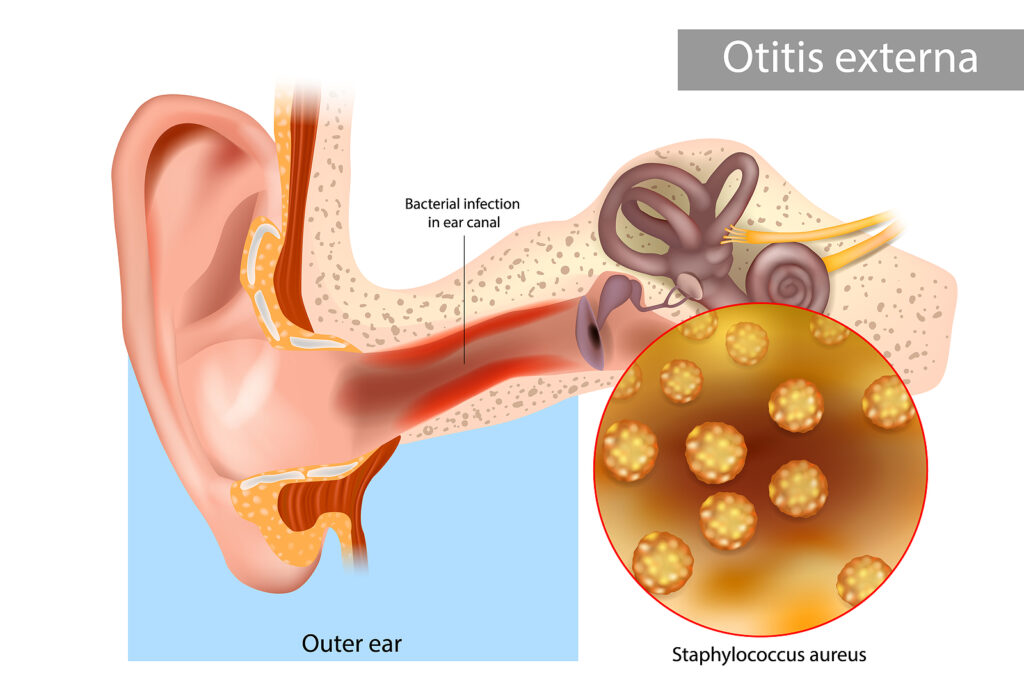
The primary symptom of SSHL is a sudden, unexplained hearing loss in one or both ears, which can range from mild to severe in intensity. This hearing loss often occurs without any warning and may be noticed upon waking up in the morning or during the course of daily activities.
In some cases, individuals might experience a loud “pop” or “snap” in the ear just before the onset of hearing loss. The affected individual may have difficulty understanding speech, especially in noisy environments, and may need to turn up the volume on electronic devices.
Alongside this sudden hearing loss, other symptoms may manifest as well. Tinnitus, which is characterized by a persistent ringing, buzzing, or hissing sound in the ears, is a common accompanying symptom. This can be particularly bothersome for the individual and may interfere with concentration and sleep.
Dizziness and vertigo are also frequently reported symptoms associated with SSHL. Dizziness refers to a general feeling of lightheadedness or unsteadiness, while vertigo is a more specific sensation of spinning or movement, either of oneself or the environment.
These symptoms may result from the involvement of the vestibular system, which is responsible for maintaining balance and spatial orientation.
Diagnosing SSHL
The diagnosis of SSHL involves a series of tests and examinations:
1. Medical History and Physical Examination
A thorough medical history and physical examination are essential to identify potential causes and rule out other conditions that may mimic SSHL.
2. Audiometry
Audiometry is a hearing test that measures the ability to detect sounds at different frequencies and volumes. It is crucial for diagnosing SSHL and determining the extent of hearing loss.
3. Imaging Studies
Imaging studies, such as magnetic resonance imaging (MRI) or computed tomography (CT) scans, may be used to visualize the inner ear structures and identify potential causes of SSHL, such as tumors or blood vessel abnormalities.
4. Blood Tests
Blood tests may be ordered to check for autoimmune or infectious causes of SSHL, as well as to assess overall health.
Treatment Options for SSHL

The treatment of SSHL depends on the underlying cause and severity of hearing loss. Common treatment options include:
1. Corticosteroids
Oral or intratympanic corticosteroids are often prescribed to reduce inflammation and improve blood flow in the inner ear. They are typically the first line of treatment for SSHL.
2. Antiviral Medications
If a viral infection is suspected, antiviral medications may be prescribed to help combat the infection and reduce its impact on hearing function.
3. Vasodilators and Vasoactive Substances
These medications help to increase blood flow to the inner ear and may be used in conjunction with other treatments to improve hearing recovery.
4. Hyperbaric Oxygen Therapy
Hyperbaric oxygen therapy involves breathing pure oxygen in a pressurized room. It is thought to improve oxygen delivery to the inner ear and may be beneficial for some patients with SSHL.
5. Cochlear Implants
In cases where SSHL results in severe or profound hearing loss, cochlear implants may be considered to restore some degree of hearing function.
Prevention and Coping Strategies
While it is not always possible to prevent SSHL, there are several strategies that can help to reduce the risk and cope with the condition:
- Protect your ears from loud noises by using earplugs or earmuffs.
- Avoid ototoxic medications when possible and follow your healthcare provider's recommendations for safe use.
- Manage underlying health conditions, such as high blood pressure or diabetes, which may contribute to vascular issues in the inner ear.
- Seek prompt medical attention if you experience sudden hearing loss or other concerning symptoms.
- Explore hearing aids or assistive listening devices to help improve communication and overall quality of life.
Conclusion
Sudden Sensorineural Hearing Loss is a medical emergency that requires prompt diagnosis and treatment. By understanding the causes, symptoms, and treatment options for SSHL, individuals can better navigate this condition and seek appropriate care. Early intervention is key to improving the chances of hearing recovery and minimizing the impact of SSHL on daily life.
Sources
- Chau, J. K., Lin, J. R., & Atashband, S. (2010). Systematic review of the evidence for the etiology of adult sudden sensorineural hearing loss. The Laryngoscope, 120(5), 1011-1021. https://doi.org/10.1002/lary.20873
- Rauch, S. D. (2008). Clinical practice. Idiopathic sudden sensorineural hearing loss. The New England Journal of Medicine, 359(8), 833-840. https://doi.org/10.1056/NEJMcp0802129
- National Institute on Deafness and Other Communication Disorders (NIDCD). (2021). Sudden Deafness. Retrieved from https://www.nidcd.nih.gov/health/sudden-deafness


